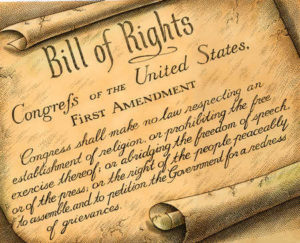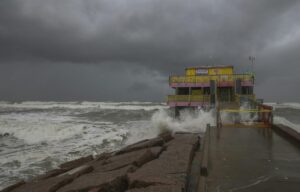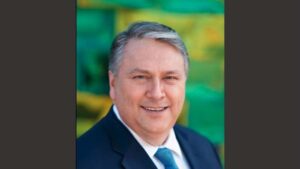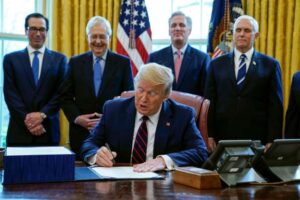I am going to enter into a period of prayer … yes, even for an individual I happen to detest with every fiber of my being.
That would be Donald J. Trump.
Why pray? Why now? The first answer is easy. I am a man of faith. I am a baptized Christian and I adhere to the notion that prayer isn’t the “least I can do,” but rather it is the “most I can do.” I don’t proclaim my faith loudly. I merely seek to live it quietly.
It could be argued that Trump is the most immoral, amoral, conscience-lacking man ever to hold the nation’s highest political office. Therefore, one might surmise he doesn’t deserve the prayers of the nation he’s been elected twice to lead. I’ll disagree with that view.
You see, the consequences of praying for Trump could bode well for those who watch him from afar. President George W. Bush famously told his successor, President Barack Obama, that despite their deep political differences that he would pray for the new president’s success. The reason was because prayer could produce results that benefit us all.
It must have worked. The new president enacted policies in 2009 that helped lift the nation out of a deep economic recession.
I will admit I haven’t prayed much for Trump over the course of his time in office. He has angered me beyond all I can grasp. The insults, the lack of dignity, the heartlessness, lack of humanity — all of it — have made me an angry American patriot. I think I have peaked out on my anger quotient.
That means I can now pray for success that the nation can grasp. Is Trump capable of change? Not a chance!
I am going to pray, though, for success. Trump might not deserve it. The rest of us certainly do.



